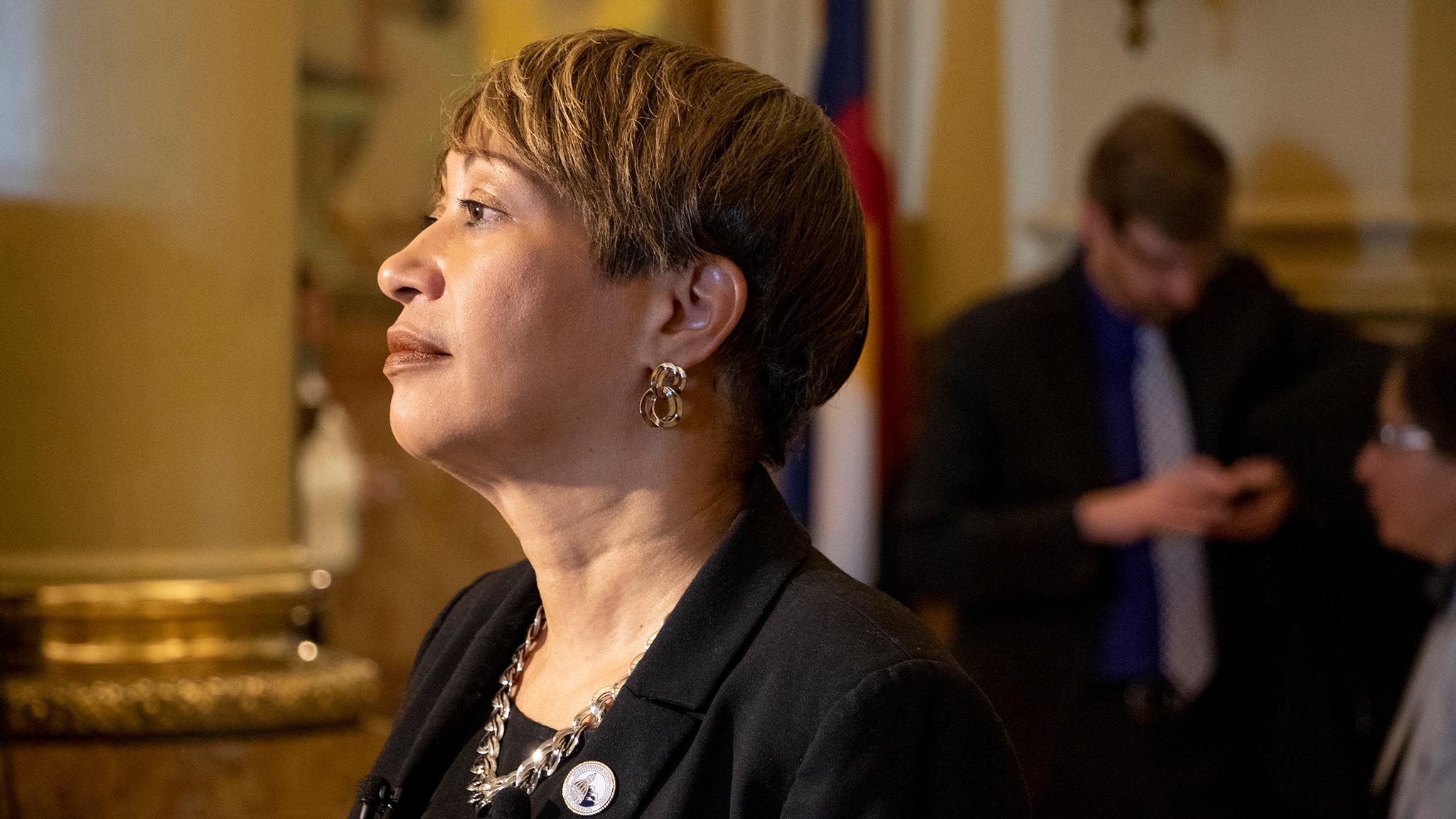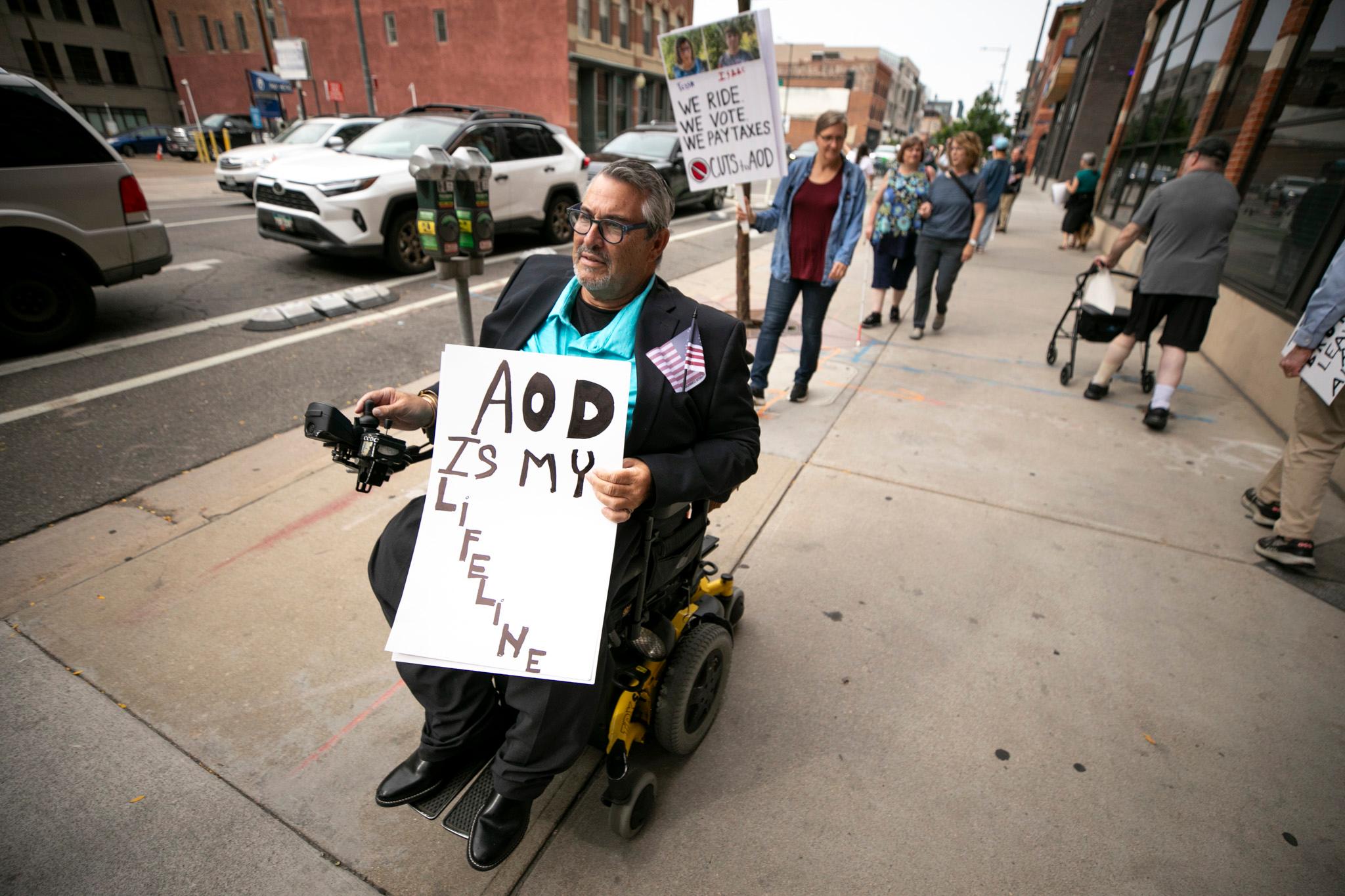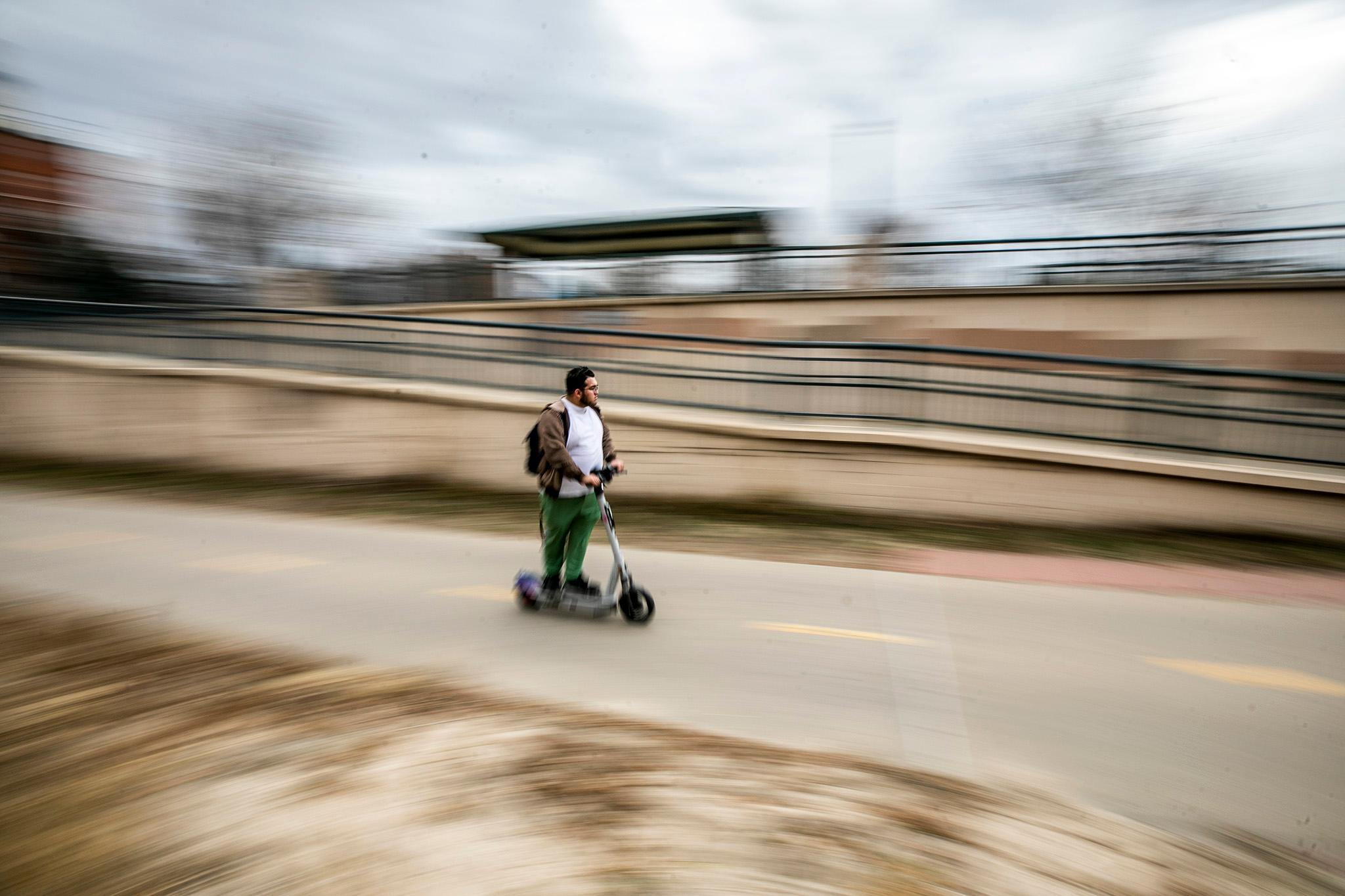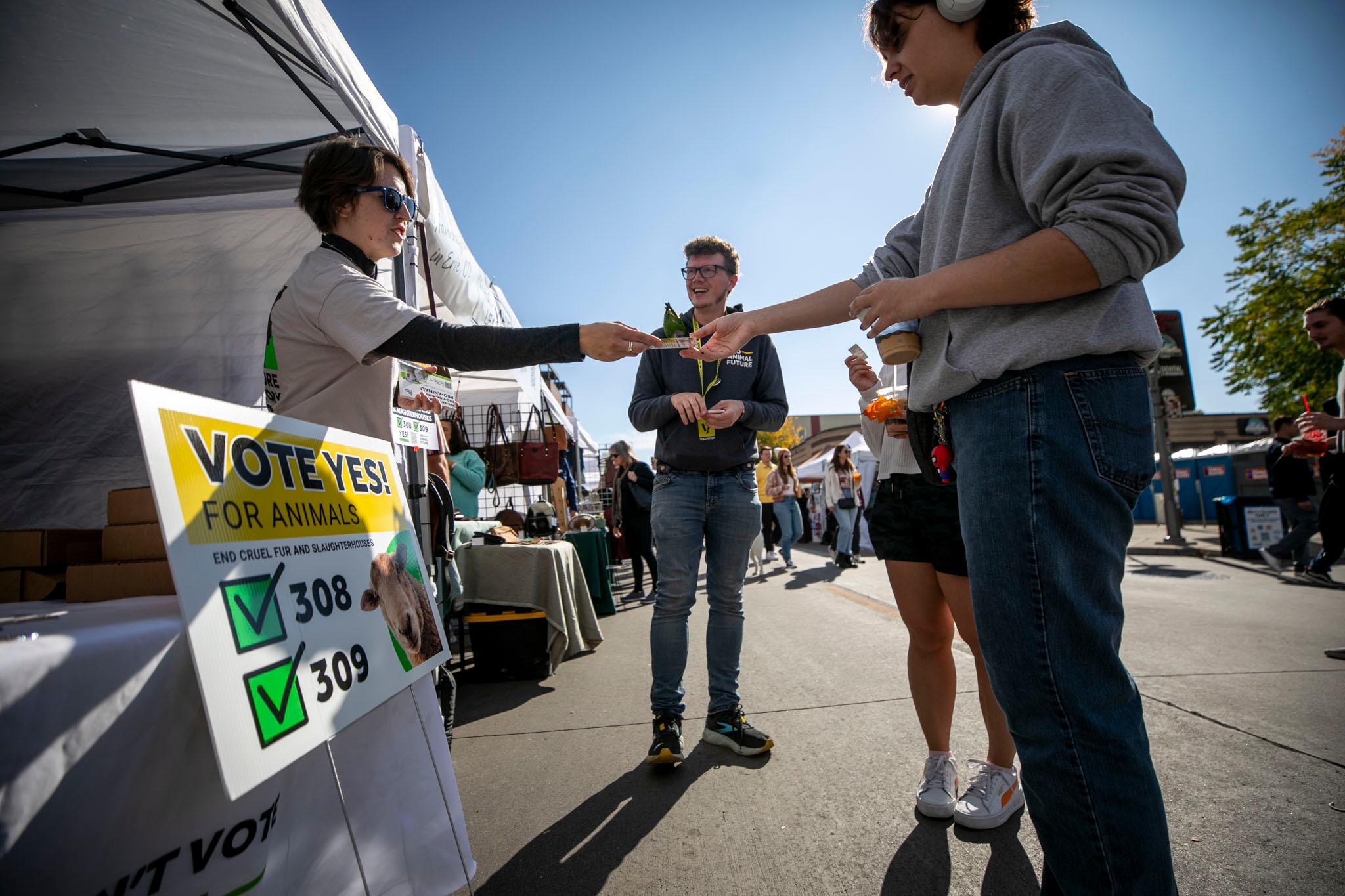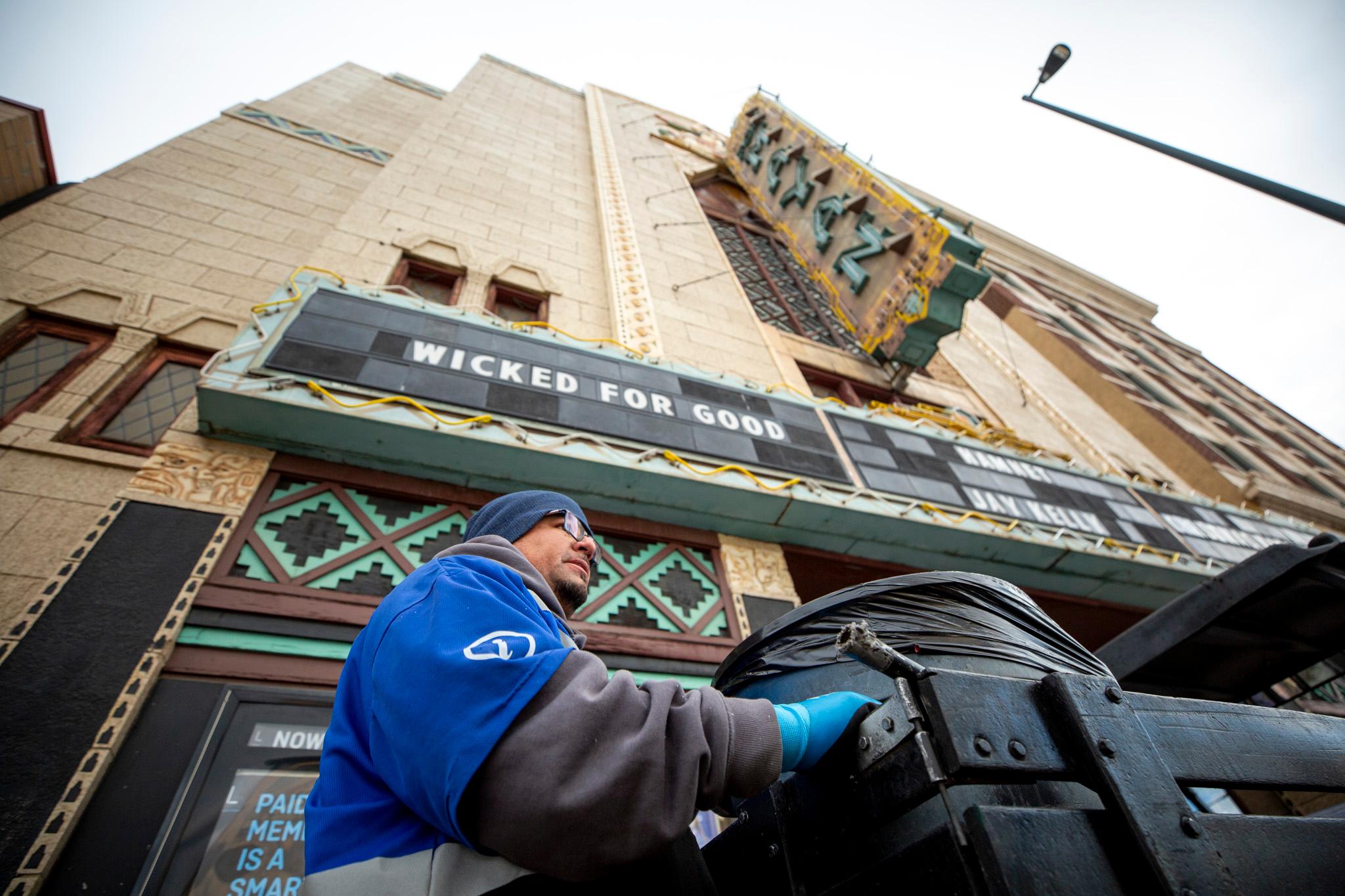Two Denver lawmakers are leading efforts to repeal the death penalty in Colorado, introducing a bill in the General Assembly that would outlaw it.
State Sens. Julie Gonzales and Angela Williams on Tuesday were joined by several other state lawmakers and local clergy at the Capitol to discuss the bill, which was introduced on Monday and would remove capital punishment as an option for charges on or after July 1 of this year. State Reps. Adrienne Benavidez of Commerce City and Jeni James Arndt of Fort Collins are listed as primary sponsors in the House. All are Democrats.
"I'm here to undo a barbaric practice that is still on the books here in Colorado, which is the death penalty," Williams said. "The death penalty is wrong for so many reasons."
Williams pointed out that it disproportionally affects African-Americans. All three men currently on death row in Colorado -- Nathan Dunlap, Sir Mario Owens and Robert Ray -- are African-American. Williams said all three were prosecuted in the same judicial district and attended the same high school (Overland High School in Aurora).
The bill won't directly affect the sentences of the three men on death row, but Gov. Jared Polis told CPR last month that if lawmakers passed a death penalty repeal, he would commute Dunlap's sentence to life in prison. Former governor John Hickenlooper delayed Dunlap's execution but did not commute his sentence.
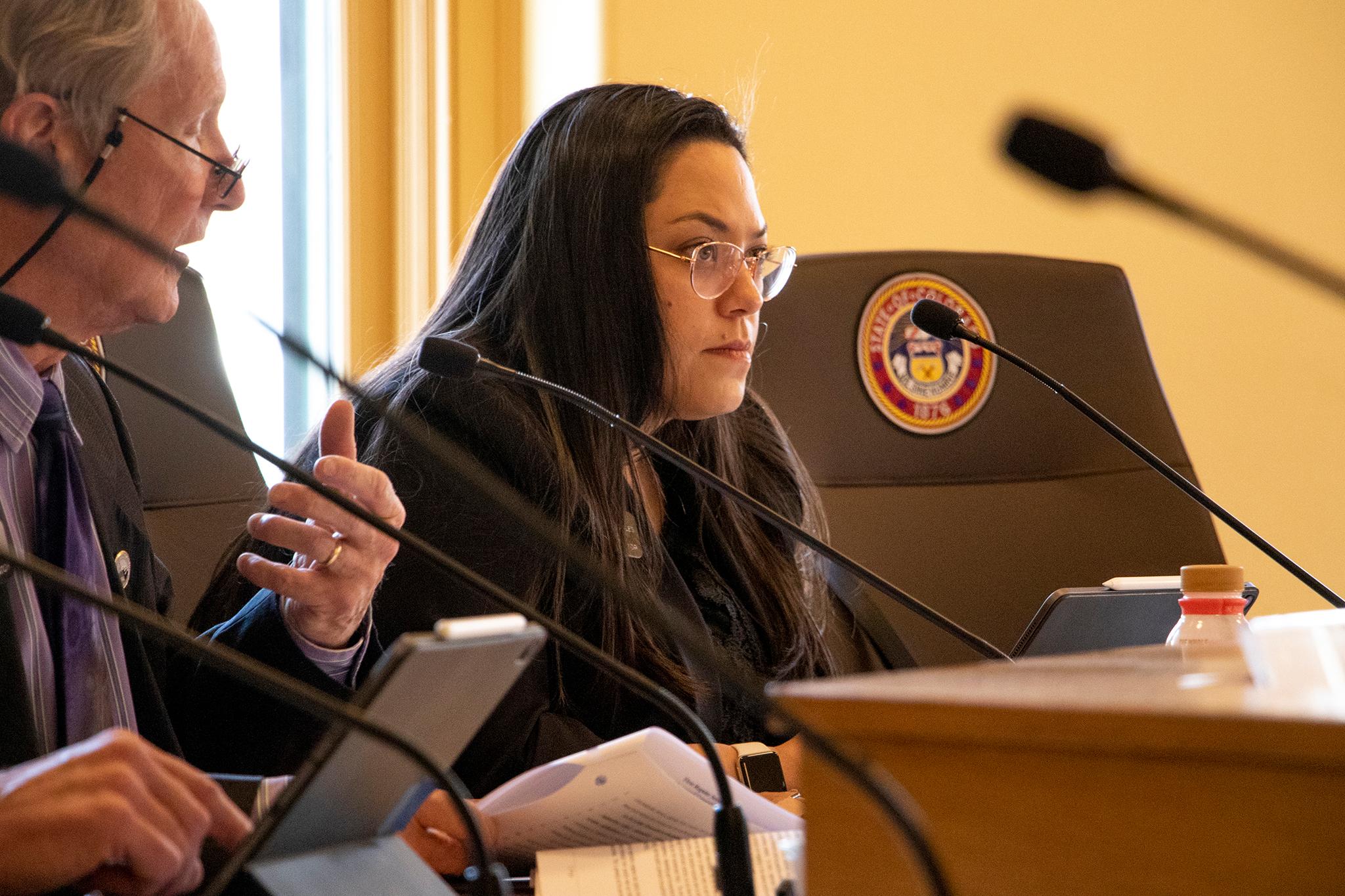
Similar legislation was introduced in 2013, but it failed. Opponents of that bill included state Sen. Rhonda Fields of Aurora, at the time a state representative, who on Tuesday said she will not be supporting this year's bill.
Fields has a deeply personal connection to the topic: Two of the men on death row, Owens and Ray, were convicted of killing Fields' son Javad Marshall-Fields and his fiancé Vivian Wolfe in 2005. All three death row convictions were for crimes committed in Aurora.
"I believe because of the attacks that have happened in our community, voters would want to weight in on what's best for public safety and those who commit serious crimes," Fields said Tuesday afternoon in a phone interview with Denverite.
"They should decide if it stays in the books or is abolished."
She added that she doesn't plan on testifying against the bill once it reaches a committee but would "lend a voice" if it reaches the legislative floor.
Williams called the death penalty a "costly failure" that studies show is an "ineffective deterrent to crime" and has been arbitrarily applied.
Williams said it's plain wrong, citing her Catholic faith. She also said a death penalty trial can cost up to $3.5 million (an estimate similar to one from the American Civil Liberties Union of Colorado), compared to about $150,000 for a trail that would seek life without parole.
But, she concluded that conversations over this topic can be hard for families of victims.
"Justice takes many forms," Williams said. "And I want you to know, with you in mind, that I fight to pursue a new form of justice."
Gonzales described the grief she's experienced following the death of her parents and the grief her husband experienced after the murder of his father. Gonzales said she wasn't there to compare grief, but to show that the "pain of loss is unbearable."
She, too, highlighted the racial bias in the country's criminal justice system and how difficult it can be for people from different socioeconomic standings to get adequate counsel.
"How did we get there?" Gonzales said. "The death penalty is irrevocable. It is cruel and it is an unusual practice. And for those reasons, we should abolish it."
The repeal is supported by local faith groups. Speaking on behalf of the Colorado Catholic Conference, Auxiliary Bishop Rodriguez called on elected officials to support the legislation. He cited Pope Francis's approved changes last year calling the death penalty "inadmissible," reversing a previous view on the matter under Pope John Paul II. The church has called for its global abolition.
"The state of Colorado has other means available to it besides the death penalty to exact justice and render the criminal unable to do harm," Rodriguez said. "All human life, including the life of the convicted murderer, had intrinsic value."
The death penalty was reinstated in Colorado in 1979, according to the Denver Post. Since then, Gary Lee Davis is the last man to be executed in Colorado since its reinstatement. Davis was executed by lethal injection in 1997, according to the Colorado Sun.

